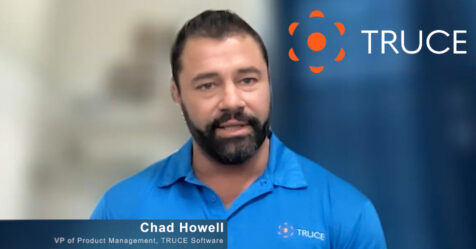Contract terms, clauses, and specifications are legal documents that bind and outline the terms of agreement and service between a customer and service provider.
From the contractor’s perspective, it is best to write and provide the service agreement and specifications to prospective customers. The contract, agreement, and specifications should be proportionate in length and complexity to the account being bid on.
Any search engine will bring up a wide variety of boilerplate service agreements and specifications for different types and sizes of accounts. When dealing with an account that is more than a few thousand dollars per month, an attorney should review the wording before you or the prospective customer sign on the dotted line.
Contracts can be written to include any wording that the parties want. There is nothing wrong with asking for and expecting reasonable changes to be made to a document before agreeing to it and adding your signature. Both parties will want to make sure the wording is in the best interest of their business; however, here are some tips to ensure that the contract protects yours.
Clauses to Include
30 days cancellation: Most cleaning contracts have a cancellation clause for the customer; sometimes it’s included for cause and sometime for no reason at all. The customer will probably demand cancellation wording that allows them to cancel the contract for cause, with cause needing further clarification.
As the service provider, you also want to make sure you have a way out of the agreement. This can often be inserted for small-to-medium-sized accounts without much of a problem; with larger or mega accounts, you will probably have a tough time getting the customer to agree to an exit clause before the end of the contract term.
Start and end date: Every contract needs to have a start and end date that specifies the term/length of the agreement. Normally contracts last for at least one year, but could be any length. Three- and five-year agreements with one or more options to renew are also common. There is usually a notice requirement for one or both parties that specifies the intent to extend the agreement or exercise an option for an additional period of time.
It is not uncommon for companies to renew agreements indefinitely on a year-to-year basis; however, from a contractor’s viewpoint, the longer the renewal period, the better. Unless there are insurmountable problems with the account, most customers don’t like to change contractors or go out to bid until the end of an existing agreement.
Paper, soap, and plastic: If possible, exclude the cost of paper products, soap, and plastic liners from your pricing structure. These items fluctuate in cost, and there is no need to take a risk here if you can avoid it. The safest approach is to order the supplies and let the customer pay for them. If you have to order and pay for them, add a surcharge (3-10 percent) to each invoice as a handling fee.
Late payment penalty: Make sure any agreement you sign includes payment terms, along with a late fee penalty of 10-20 percent. Hold the customer’s feet to the fire if they fail to have payment in your hands by the due date.
Other clauses: Consider clauses that relate to the following: right to subcontract; initial cleanup costs; and rates for emergency cleanup, hard floor care, carpet cleaning, and pressure washing.
Clauses to Avoid
Key loss: Re-keying a building due to one lost key can run tens of thousands of dollars for a large account. If there is a key clause in the agreement, make sure you have insurance coverage.
Defect deduction: Some contracts may include wording that allows the customer to deduct from a contractor’s monthly fee based on quality control inspection defects. If this is in your contract, it should also specify that all inspections and quality standards apply at the end of the cleaning cycle and before use.
Labor hours requirement: Avoid wording that gives the customer the right to examine time records or requires you to provide a specific number of labor hours to an account. Other terms to avoid relate to deductions, credits, or audit rights.



